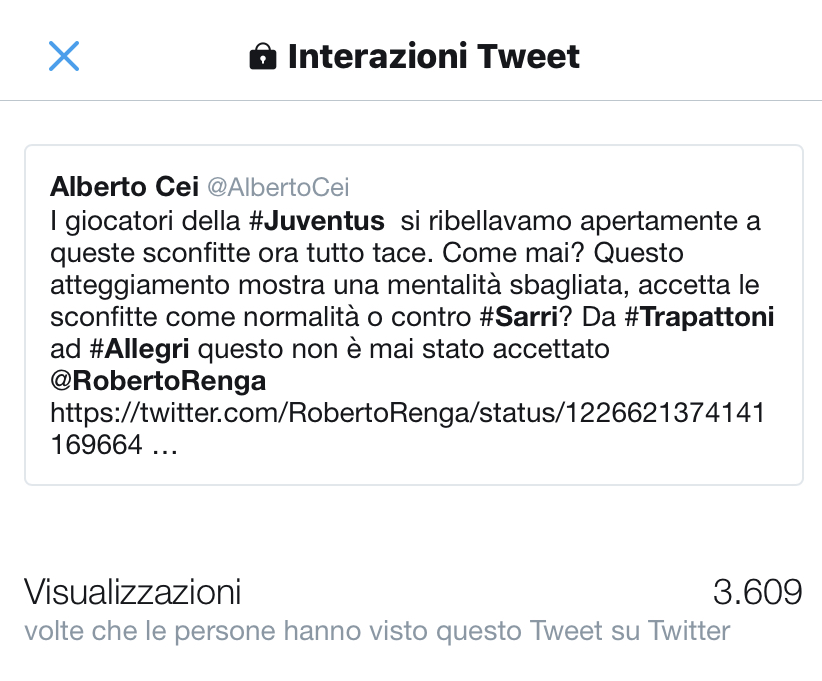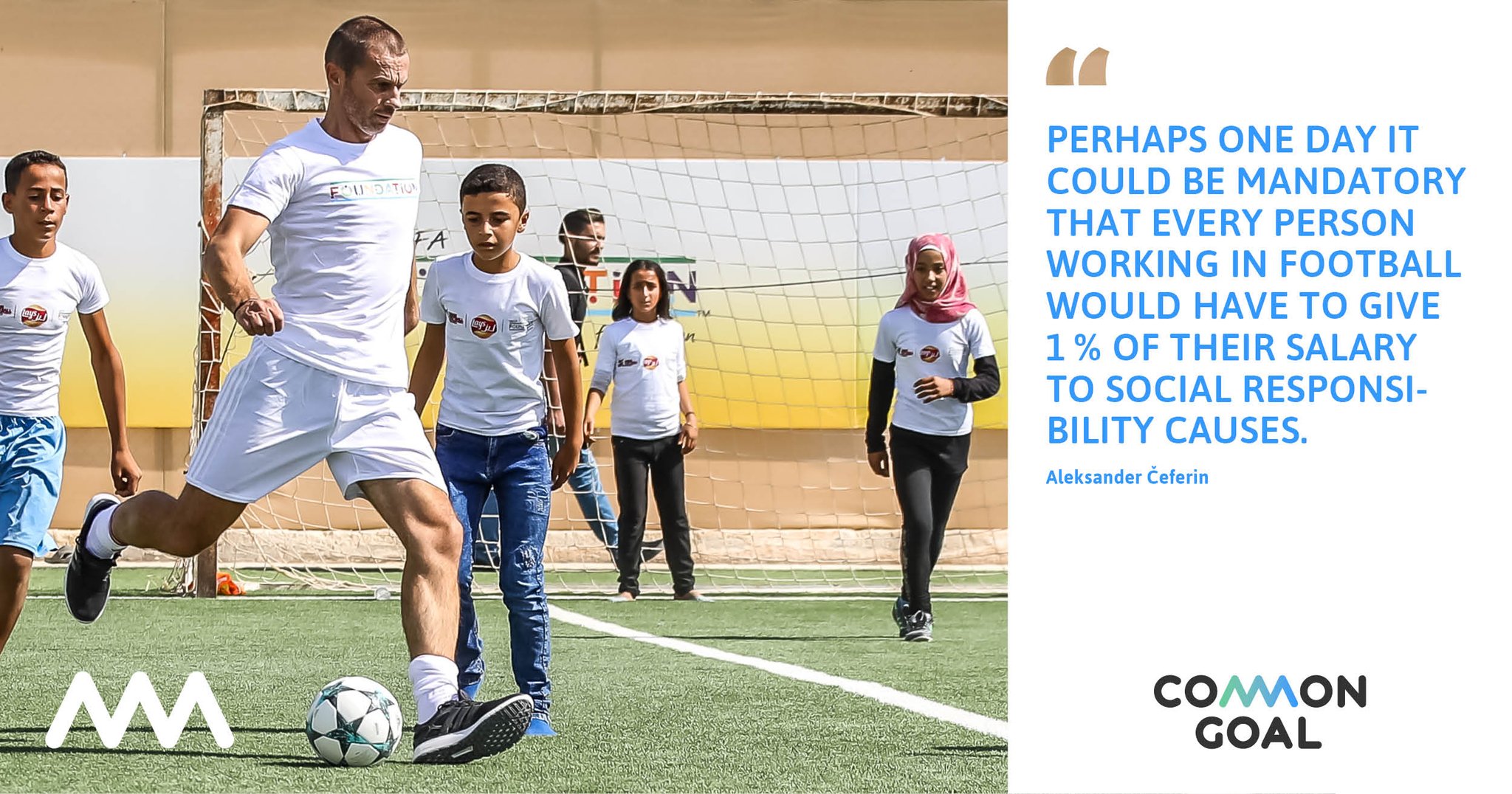There is a lot of talk these days about Carlo Ancelotti’s leadership style and how he and the team, Real Madrid, came to this additional Champions League success. They had not started well at the beginning of the year, losing to Sheriff but then along the way, as underdogs they defeated Chelsea, PSG, Manchester City and Liverpool. He himself said that he told the president of Real Madrid, almost jokingly, that they would win La Liga and the Champions League. However, that is precisely what happened. Paolo Condò on Repubblica.it wrote that one explanation lies in the humility he showed by having the team play with a low defense against Liverpool, thus preventing the rushes the English team is famous for. Humility is certainly not a psychological dimension of leadership that is so well recognized and appreciated in sports, even more so when leading Real Madrid.
In fact, habitually traditional models of leadership place the leader at the top of the pyramid and demand that subordinates follow his directives. The leader who works in the service of the team, on the other hand, flips the pyramid and places himself at the base of the hierarchy. In such an environment, players are given clear job descriptions of their role, and the leader’s job is to “serve” or help them perform these tasks. This structure does not imply that the norms become permissive or that the leaders are the players. On the contrary, they are responsible for the effective execution of their roles. The end result, is a work environment in which relationships are cultivated, everyone is valued, standards are met, and team productivity is increased. Importantly, the intellectual humility, displayed by Ancelotti, is a way of maintaining one’s convictions with a studious attitude toward the next opponent and respect for players’ views. It also mitigates the negative effects of leader narcissism and promotes the commitment and active involvement of players.
Carlo Ancelotti is a coach who has won in every European team he has led, serving this approach centered on the involvement of the whole environment and to the care of interpersonal relationships. In doing so, he exalts and continually nurtures group values, understood as club principles and identity, team cohesion, and a sense of responsibility among players and staff. His key words are: educate, environment, spirit, responsibility, Club tradition, identity, relationships, work and compete.
This working style not new to him had already been well described 10 years ago in his book entitled “Il mio albero di Natale” (My Christmas Tree):
- Educating the team to pursue victory through offensive and creative play
- Foster the development of a positive work environment
- Building a strong team spirit by stimulating a high capacity for sacrifice and mutual commitment
- Fostering in each individual a sense of responsibility (evaluated on the basis of his or her actions and behaviors)
- Protect the tradition and principles of the club
- Working to provide continuity for the Club’s successes
- Compete for all major trophies
- Build a clear identity and style of play that takes into account the Club’s tradition
- Build good relationships among the various work teams

:quality(80)/https://static4.libertatea.ro/wp-content/uploads/2018/04/pwrjmduxm2q0mdnindnhnmuzogi5otqxn2y0zjdknjfk-thumb.jpg)





